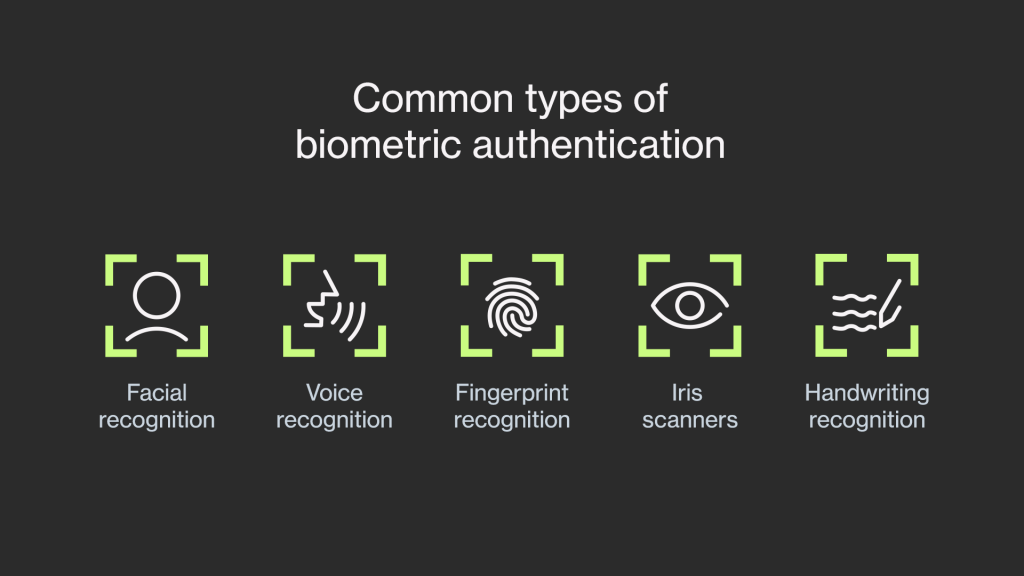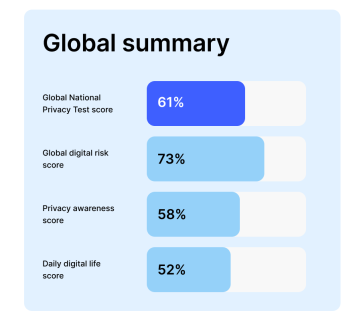Online travel booking and payment systems are becoming increasingly attractive to businesses operating in East Africa, with a recent study providing the first in-depth view of the extent of this potential.
The digital savannah: Africa’s e-commerce promise, a white paper commissioned by Amadeus, the global leader in technology solutions for the travel industry, surveyed 1045 companies in 10 African countries.
“We recently established our first Regional Solution Centre to service our customers on the continent, with this study representing a major step forward in providing vital market insights that will help them better understand the markets and trends,” says Juan Torres, General Manager of Amadeus East Africa. “One of the stand-out findings was that in spite of clear differences across the countries in their preferences, environments and available technologies the overall potential for e-commerce is strong.
“These differences are evident not only between the various regions, but even within a specific region such as East Africa. This points to the danger in making sweeping assumptions about usage patterns and preferences in online travel booking.”
That being said, the report identified 5 key trends that should inform decision-making when implementing or looking to implement online travel booking and payment solutions. These 5 trends are:
1. e-commerce is still in its formative stages in Africa, but is showing tremendous potential as internet penetration grows and users become more comfortable with transacting online – This is being driven by the rapid growth in mobile payment systems throughout Africa, with the Amadeus report citing research conducted by digital security provider Gemalto that showed there are at least two mobile money transfer services in 40 African markets. In Kenya, Madagascar, Tanzania and Uganda, for example, there are now more mobile money accounts than bank accounts. This research revealed that there are more than 80 million registered customers of mobile money transfers services, which is expected to rocket to more than 380 million by 2017.
2. Vast differences in preferences, cultural tendencies and priorities – In East Africa, for example, the preferred payment methods for online travel bookings vary greatly between Kenya, Uganda and Tanzania. Where nearly half of companies prefer electronic fund transfers in the first two countries, only a third of Tanzanian companies choose this payment method. The strongest preference in Tanzania is the credit card – which is on a par with Kenya – while only a third of Ugandan companies prefer this method. One common factor across these East African markets is that roughly half of all companies surveyed already book their travel online, with an additional 20% saying they intend to do so in the future.
“This shows there is still tremendous room for growth in the online travel market in East Africa,” comments Torres. “That leaves another 30% of the business travel market outside of the fold, who we expect will enter the digital era in the longer term.”
3. The growing penetration of consumer mobile technologies and tools is driving the adoption of online services – A surprisingly high proportion of all companies (74%) reported they were using mobile tools to make travel bookings, led by Cote d’Ivoire at 81%. On average, 70% of companies in East Africa already do so. The room for growth is still good, although only 17% of Kenyan companies indicated they intend to use mobile tools in the future compared to the 28% of companies in Tanzania and Uganda. This strong adoption rate by the business sector is expected to eventually drive consumer adoption on online travel booking and payments.
4. An increasing potential in business travel, with 31% of companies across the 10 countries surveyed confining travel to their own countries and 53% indicating a global business travel footprint. More than half of respondents already book their travel online, although it is worth noting that this is dominated by air travel bookings. Only 20% of companies book accommodation online, suggesting an area for substantial growth and opportunity in the future.
Accommodation is, however, the second most common form of online travel booking, although Tanzania stands out in East Africa with 30% of companies using online systems for accommodation compared to the 19% in Kenya and only 13% in Uganda.
Tanzania is again the exception when it comes to online road transport bookings, with 20% of the companies doing so compared to 8% in Kenya and 5% in Uganda.
5. The fifth trend revealed by the research is supported by the fact that 83% of all companies centralize travel procurement. In East Africa, Tanzania leads the pack, with 90% of companies centralizing travel procurement, followed by Kenya (84%) and then Uganda (82%). Only Nigeria (93%) has a higher percentage of companies applying such strict control.
“This indicates that businesses take the control of their travel procurement and expenses very seriously, which is easier if done through an online system with strong control and reporting functionality,” says Torres. “The ease of use, strong reporting capabilities and central control over travel bookings and expenses are seen as key for companies doing business across the continent.”
The white paper concludes that despite the vast differences across the continent in adoption rates, there is undeniable growth potential as networks, systems and tools are deployed to meet this need.
Some of the greatest barriers to this adoption, certainly in the business sector, include the need for better integration into accounting and backend systems that allow for easier application of company-specific policies and control measures.
“Control over the growing expenses related to business-critical travel, far less than the desire to use tools and systems that enable online booking, is seen as a primary concern for businesses in the region,” says Torres.
“We have no doubt, however, that more businesses will move to online systems as they become more familiar with these tools – especially if they are able to deliver the necessary control and reporting mechanisms. We foresee very exciting times ahead for the travel industry as confidence in these types of systems grows.”





